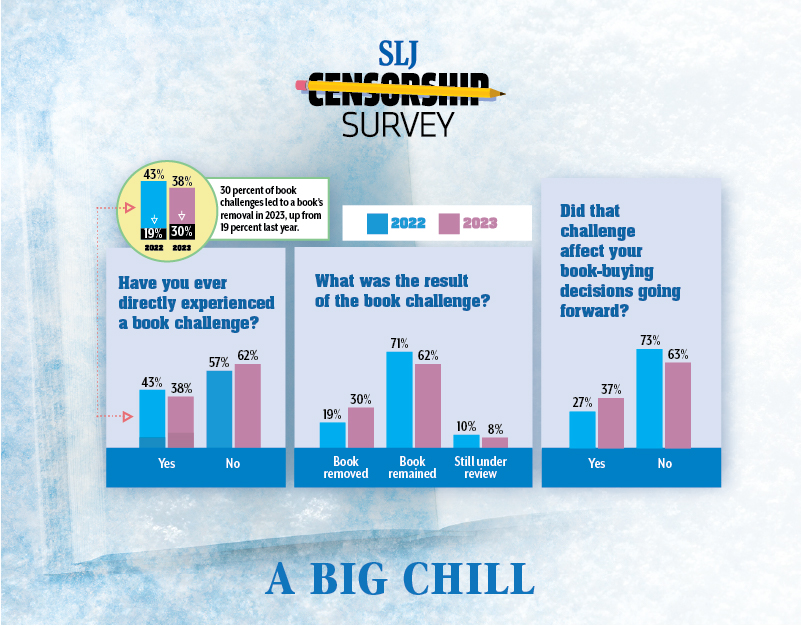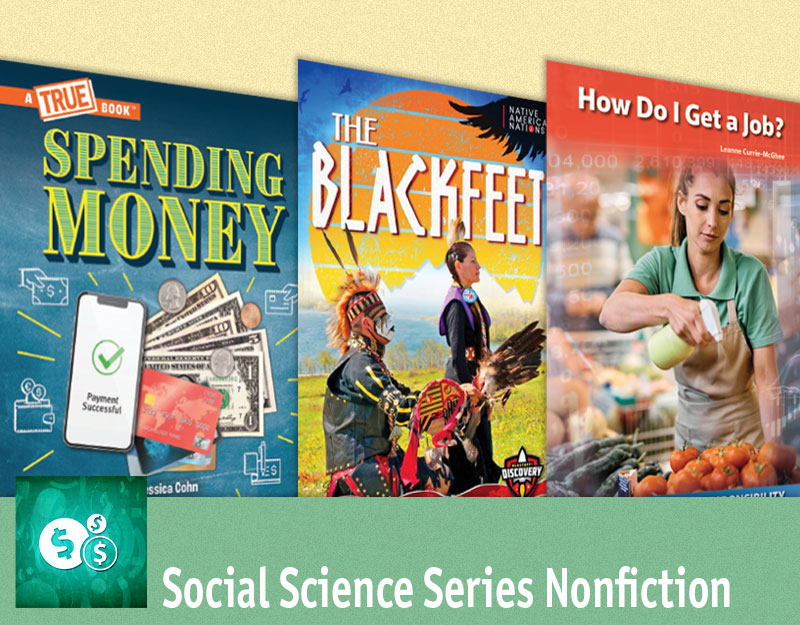Writing a Dystopian Past, a guest post by Lyn Miller-Lachmann
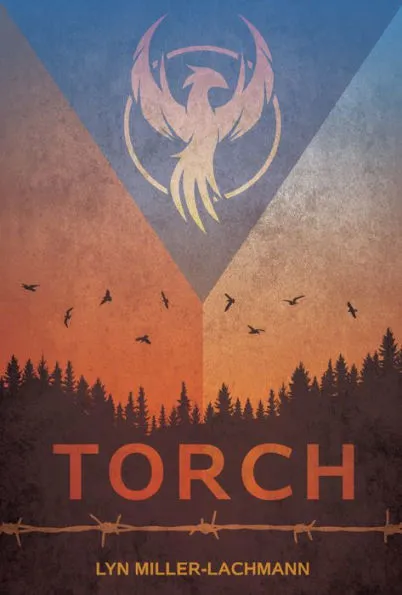
Although the future of YA dystopian fiction in fall 2019 seemed as bleak as the novels’ futuristic worlds, editor Amy Fitzgerald at Carolrhoda Lab told my new agent, Jacqui Lipton, that she wanted to publish a book in this genre. “I don’t have one,” Agent Jacqui said, “but I have a historical novel that may fit.”
My historical novel Torch, is set in Communist Czechoslovakia, a country that doesn’t exist today (it split into the Czech Republic and Slovakia in 1993), but in 1969, the people of this nation could only watch helplessly as books and record albums disappeared from library and store shelves, their favorite newspapers were shut down, and their favorite musicians, actors, and writers imprisoned or silenced. A year earlier, the same people enjoyed a brief period of freedom known as the Prague Spring, one of many joyful rebellions that took place around the world in 1968. But on August 21, the Soviet Union invaded to crush these shoots of freedom and democracy. Soviet troops occupied Czechoslovakia and installed a hardline government that reversed not only all the reforms of the Prague Spring but also every move toward liberalization during the previous decade.
ADVERTISEMENT
ADVERTISEMENT
From then until the 1989 Velvet Revolution, Czechoslovakia remained a totalitarian communist country, one in which a single political party ruled through violence and fear. Neighbors, friends, and family became informants for the secret police. A teenager who stepped out of line would be expelled from school and forced to work a dangerous job in a mine or factory. The alternative was prison or a psychiatric institution. Government officials had the power to remove families from their homes, break those families up, and send children anywhere, including to an abusive situation or an orphanage. Children had their educations cut short because their parents or siblings showed insufficient support for the regime, or they came from disfavored minority groups like the Roma. People of faith had to worship in secret.
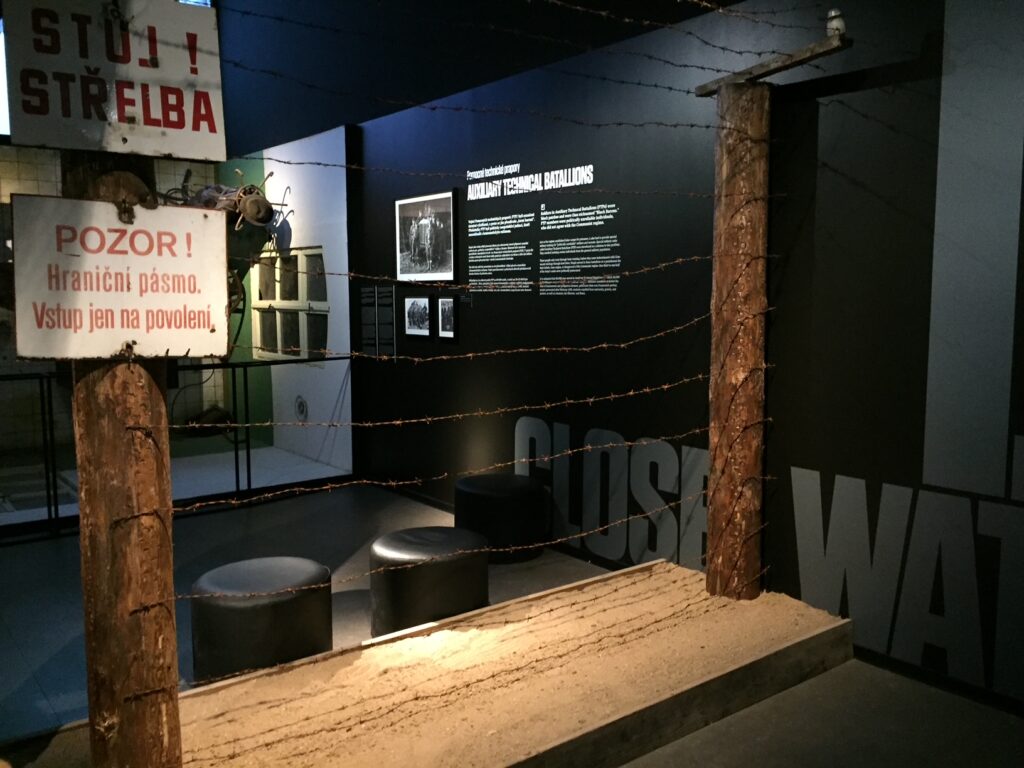
My three main characters in Torch face this reality after their mutual best friend, Pavol, follows in the footsteps of university student Jan Palach in 1969 by setting himself on fire to protest the Soviet occupation and the Czechoslovak people’s passivity in the face of it. Police penetrate every aspect of Štěpán’s, Tomáš’s, and Lída’s daily lives, exacting a harsh retaliation for their associations with Pavol. If the obstacles the teens face are terrifying, they are meant to be. As in dystopian fiction, the characters are trapped, the net of the regime’s power closing in on them, and every choice they make creates new vulnerability—raising the stakes, limiting their options, and making each new step ever more perilous.
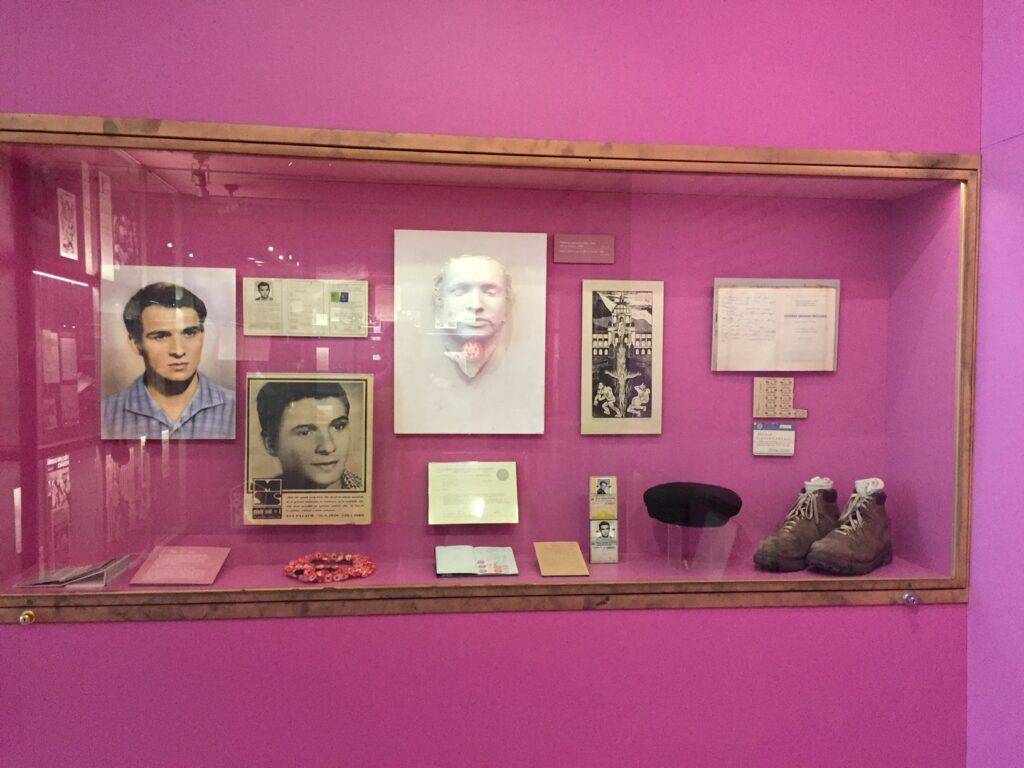
Dystopian fiction takes its inspiration from real places in the past and present. Totalitarian societies have inspired many fictional dystopias because an all-powerful state’s control over every aspect of personal as well as public life is the basis of totalitarian rule. The appeal of dystopian fiction lies in large part in the way it reflects our worries in the present. It’s particularly true today with challenges to democracy in the United States and around the world, as well as an imperialist Russian state led by a brutal dictator that has once again invaded a neighbor seeking a more democratic future. Like dystopian fiction, historical fiction resonates when it has something to say about our lives today. We see that people in the past have experienced similar conflicts. We can learn from the choices they made and the consequences they faced.
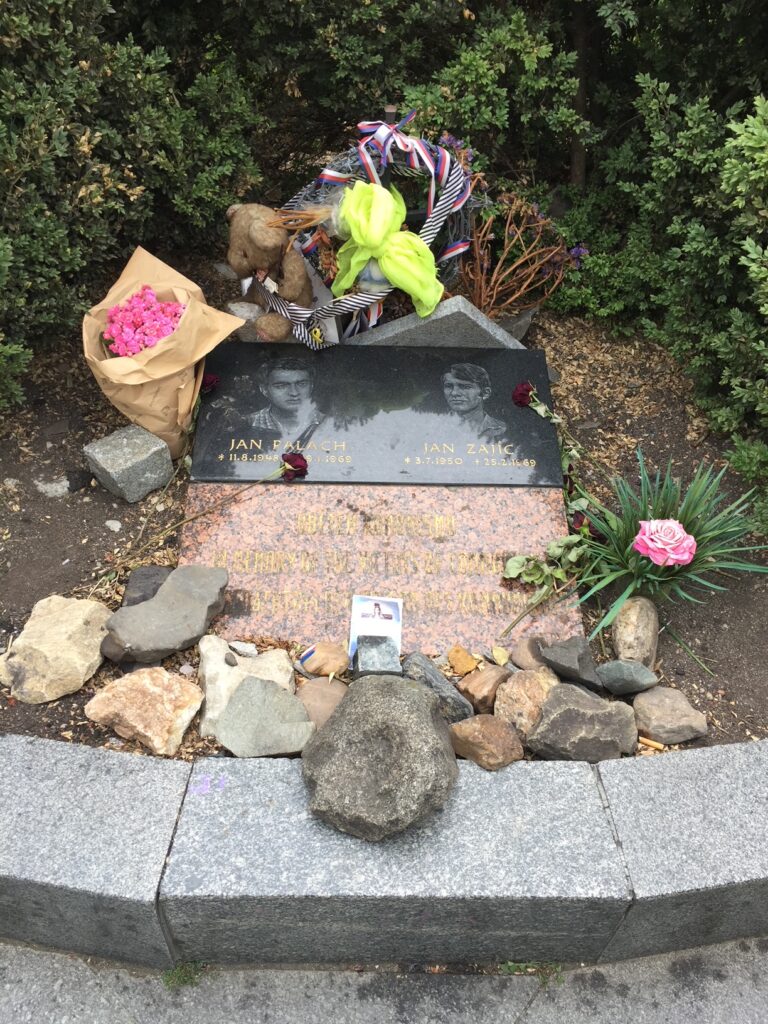
While speculative fiction often portrays teens who lead movements to overthrow the regimes, as Katniss Everdeen in the Hunger Games trilogy and Layla Amin in Samira Ahmed’s Internment both do, portraying totalitarian states in realistic fiction means those options are rarely, if ever, available. Faced with this situation, many authors set their novel on the cusp of liberation like Ruta Sepetys’s most recent work, I Must Betray You, set in Communist Romania in 1989 as the regime was imploding. But liberation is rare and only comes after decades of what appears at the time to be a futile struggle, with many falling by the wayside—either dying, sidelined in prison, or forced to submit to the regime.
My challenge lay in writing a novel set in a dystopian real world that was 20 years away from liberation…and still offer hope to the reader. For me, that hope lies in the relationships among the characters, relationships built on the kind of trust among citizens in a community that totalitarian states dedicate themselves to destroying. Although they consider Pavol their best friend, Štěpán, Tomáš, and Lída are not friends with each other, and they have good reasons—personal as well as political—not to trust each other. But in learning to trust, and to love, each other as a found family, they form a collective protagonist in which each one’s fate is tied to the others. Their bonds of friendship embody their resistance to a totalitarian regime that turns all against all in order to cement its rule.

Far from the “chosen ones” of many dystopian novels, Štěpán, Tomáš, and Lída—protagonists of a historical novel—are ordinary teenagers confronting a system more powerful than they are. However small their victory is in the larger struggle, it shows how we today can come together in spite of our differences and divisions to defend our freedom, connect with each other, and rebuild a democracy-based civil society torn apart by years of isolation, anger, and fear.
Meet the author
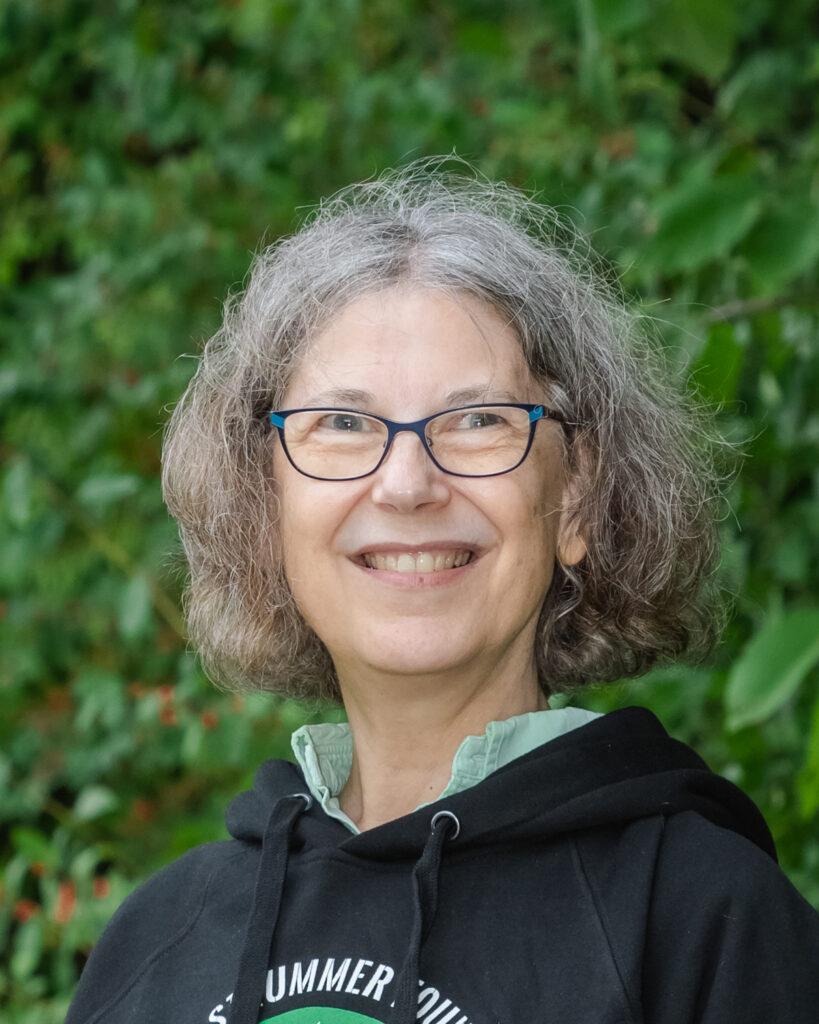
ADVERTISEMENT
ADVERTISEMENT
Lyn Miller-Lachmann is the author of the YA historical novel Torch (Carolrhoda Lab, 2022) and co-author (with Zetta Elliott) of the middle grade verse novel Moonwalking (FSG, 2022). Her recent nonfiction includes a biography of Temple Grandin in the She Persisted chapter book series from Philomel and Film Makers: 15 Groundbreaking Women Directors (co-authored with Tanisia “Tee” Moore) from Chicago Review Press. She also translates children’s and YA books from Portuguese to English, with YA graphic novel Pardalita by Joana Estrela, due out in April 2023 from Levine Querido.
Twitter: @LMillerLachmann
Website: https://lynmillerlachmann.com/
About Torch
Three teens struggle to carve out futures for themselves under a totalitarian regime.
Czechoslovakia, 1969
Seventeen-year-old Pavol has watched his country’s freedoms disappear in the wake of the Soviet Union’s invasion. He’s seen his own dreams disappear too. In a desperate, fatal act of protest against the oppressive new government, he sets himself on fire in public, hoping to motivate others to fight for change.
Instead, Pavol’s death launches a government investigation into three of his closest friends. Štěpán finds his Olympic hockey ambitions jeopardized and must conceal his sexual orientation from authorities who could use it against him. Tomáš has already been accused of “antisocial” behavior because he struggles to follow the unwritten rules of everyday interactions, and now he must work even harder to meet the expectations of his father, the regional leader of the communist party. And aspiring film director Lída, Pavol’s girlfriend, is pregnant with his child, which brands her a traitor by association and upends all her plans.
With their futures hanging in the balance, all three must decide whether to keep struggling to survive in the country Pavol died hoping to save . . . or risk a perilous escape to the other side.
ISBN-13: 9781728415680
Publisher: Lerner Publishing Group
Publication date: 11/01/2022
Age Range: 13+
Filed under: Guest Post
About Amanda MacGregor
Amanda MacGregor works in an elementary library, loves dogs, and can be found on Twitter @CiteSomething.
ADVERTISEMENT
ADVERTISEMENT
SLJ Blog Network
The Moral Dilemma of THE MONSTER AT THE END OF THIS BOOK
Cover Reveal and Q&A: The One and Only Googoosh with Azadeh Westergaard
Winnie-The-Pooh | Review
Parsing Religion in Public Schools
ADVERTISEMENT



